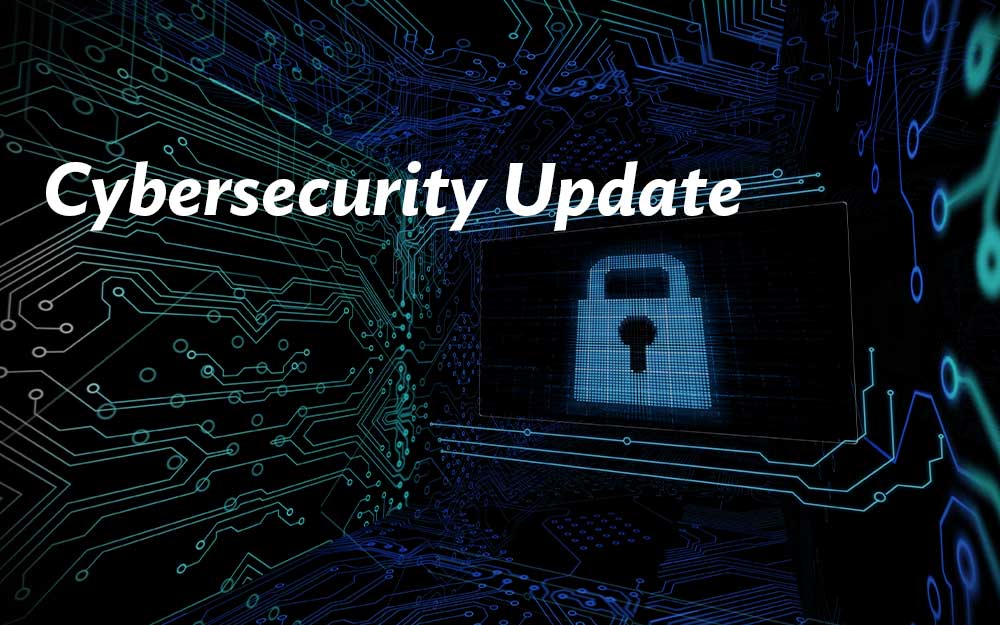Rogers is intensifying its focus on cybersecurity to safeguard patient data amid a soaring 78% increase in cyberattacks targeting healthcare providers in the past year.
Recognizing the evolving threat landscape, we are adopting a multifaceted approach to bolster our defenses. This includes investing in advanced threat detection technologies, expanding our cybersecurity team, and implementing a zero-trust architecture.
By strengthening existing security measures, fostering strategic partnerships, and harnessing the power of artificial intelligence, Rogers aims to create a more resilient healthcare ecosystem and protect sensitive patient information, while upholding the highest standards of data privacy and compliance.
Key Points
A recent survey of healthcare professionals indicates 78% of healthcare organizations have experienced at least one cybersecurity incident in the past 12 months.
- Cyberattacks on healthcare providers have surged by 78% in the past year, making it a top priority for Rogers.
- Of those incidents, 60% had a moderate or significant impact on the delivery of care, 15% had a severe impact, and 30% involved sensitive data.
- Protected Health Information (PHI) was exposed or stolen in 34% of incidents in North America.
- Rogers has invested in advanced threat detection technologies to proactively identify potential threats.
- The organization has expanded its cybersecurity team to seven to bolster its security posture.
- We have implemented security measures such as multi-factor authentication, endpoint protection, email security, and staff security awareness training to safeguard patient data.
- Protecting patient data is paramount to maintaining the Rogers brand name, financial stability, patient trust, and retention, ensuring compliance with stringent regulations such as HIPAA.
- Rogers is committed to upholding the highest standards of data privacy and security to safeguard patient information.


